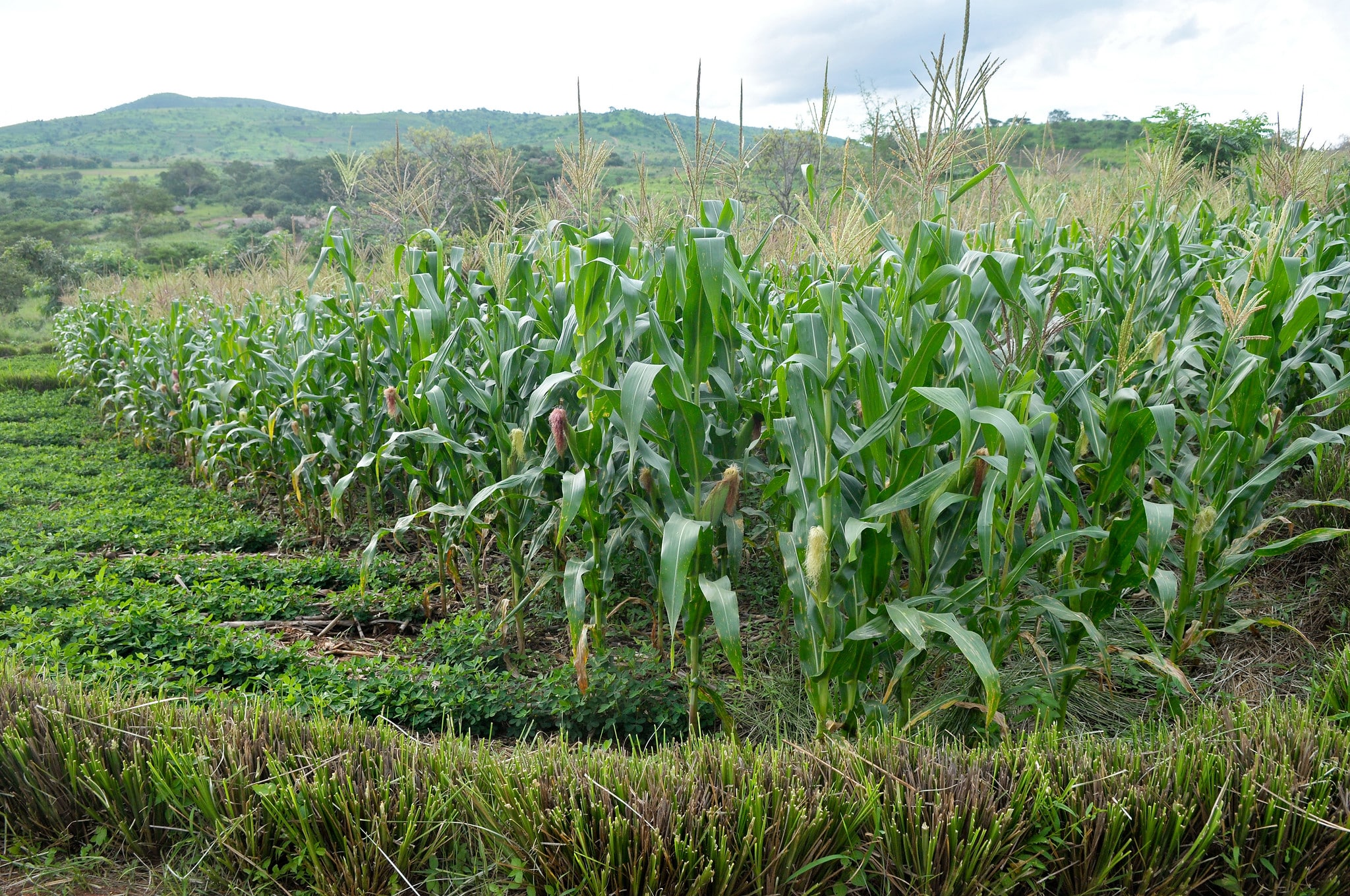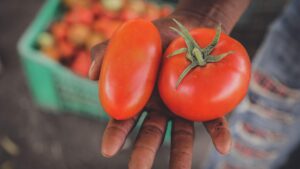New partnership will help farmers in Malawi, Rwanda and Tanzania have better access to seeds that help maize crops better withstand growing challenges of drought, pests, diseases, and climate change.
Working together to improve access to and availability of climate-resilient maize varieties in eastern Africa, the Clinton Foundation and the International Maize and Wheat Improvement Centre (CIMMYT) are launching a partnership that will not only improve access by smallholder farmers to modern maize varieties but also aim to bolster food security in Malawi, Rwanda and Tanzania. The Clinton Foundation is launching this partnership through the Clinton Development Initiative, which works in the region to improve economic opportunity for farmers through better access to markets, technology, and inputs like seeds and fertilizer.
Farmers in eastern and southern Africa face obstacles in agricultural production with little to no access to formal markets. Improvement in yields are often made more difficult as a result of erratic weather patterns from climate change and limited access to improved seed varieties and quality inputs. Farmers also lack access to information about prices and market opportunities for their crops, making it harder for them to produce and sell.
“Farmers in eastern and southern Africa face increasing threats to their livelihoods, including drought, insect-pests, and diseases. This partnership will improve farmers’ access to modern crop varieties, the quality of their crops, opportunities to market the produce, and food security for their families,” explains Ariana Constant, director of the Clinton Development Initiative. “We are working together to provide farmers with heat- and drought-tolerant maize seeds to grow stronger, healthier crops and to help reduce the negative impacts of climate shocks.”
Collaboration between the Clinton Foundation and CIMMYT is a natural fit. CIMMYT’s history of creating improved planting materials combined with the Clinton Foundation’s extensive network of trained farmers will support increases in both crop yield and quality. The partnership will also boost production and offset the negative impact of climate-induced stresses. The seed varieties are all non-GMO, in keeping with regulations across Malawi, Rwanda, and Tanzania.
“We are thrilled to join the Clinton Foundation in supporting smallholder farmers in eastern Africa. Our commitment is to effectively deploy improved maize varieties, including drought- and heat-tolerant and disease-resistant varieties available to the Clinton Foundation’s network of farmers,” says Prasanna Boddupalli, director of CIMMYT’s Global Maize Program and the CGIAR Research Program on Maize. “Beyond providing improved maize seeds, we will also collaboratively undertake varietal trials in farmers’ fields, track genetic gains in farmers’ fields over time, and share the findings with the broader agricultural community in eastern and southern Africa.”
The Clinton Foundation has a strong track record of generating steady returns for farmers in the region. In Tanzania, farmers working with the Clinton Development Initiative for every $1 spent on operations has generated $3.80 in additional income for smallholder farmers in Rwanda.
“Today, thanks to our partnership with CIMMYT, we hope to increase yields and quality of maize crop production for our farmers even further. This means helping farmers to take a sustainable, scalable and transformative approach to production,” says Constant.












